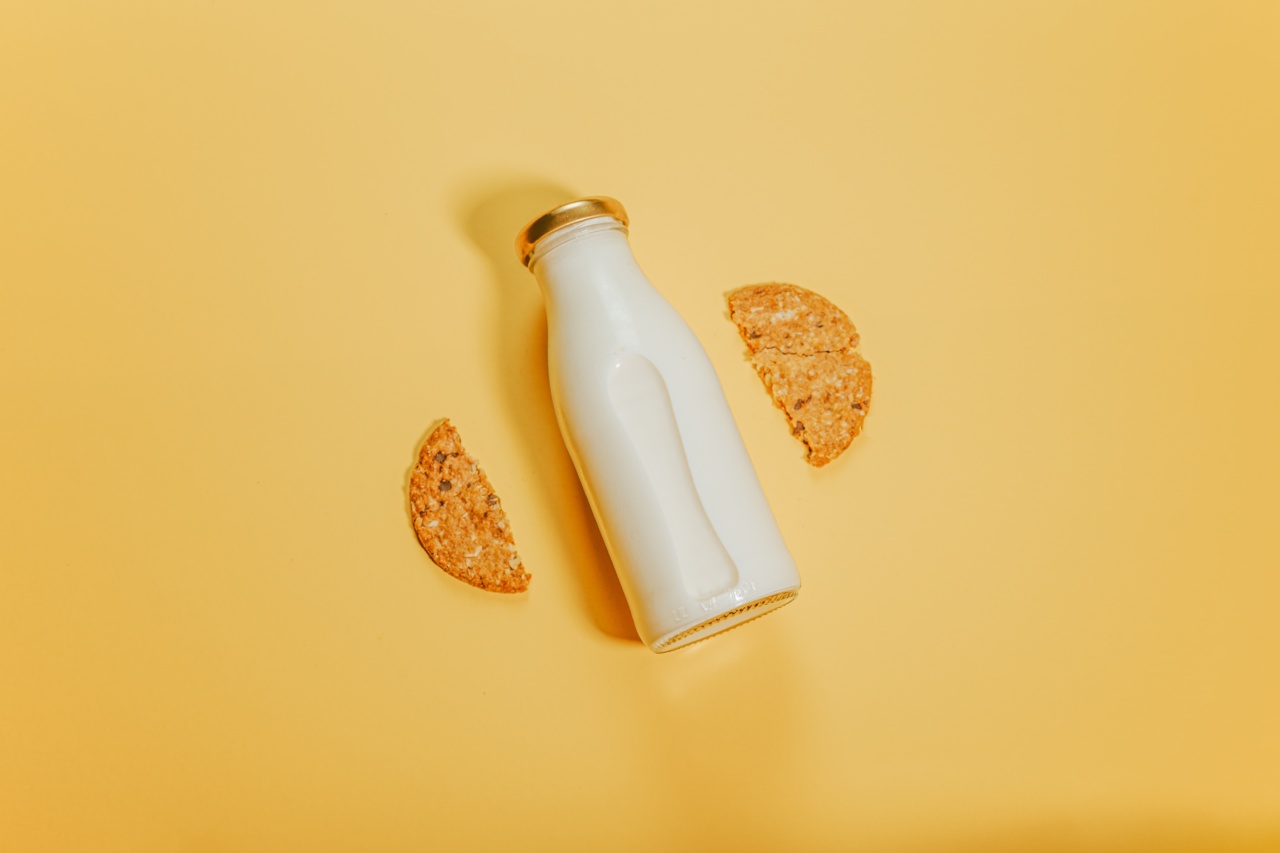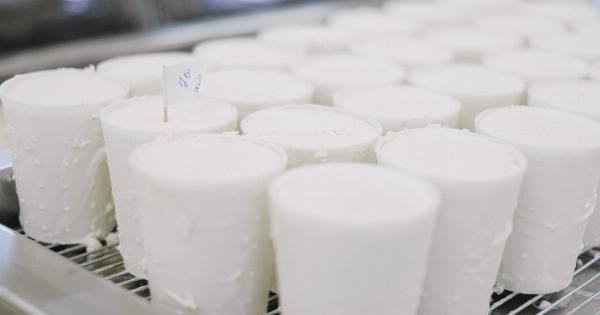For expectant mothers, eating a balanced diet is important not just for their own health but also for the quality of the breast milk they produce.
Studies have shown that the nutrients a mother consumes during pregnancy can significantly impact the nutrient makeup of her breast milk, influencing the health and development of her baby. Here’s a closer look at the connection between pregnancy diet and high-quality breast milk.
Why a Balanced Pregnancy Diet is Important
The foods a mother eats during pregnancy are the building blocks for her baby’s cell development. A balanced and diverse diet offers all of the necessary vitamins and minerals needed for the growth of her baby.
Proper nutrition also helps prevent disease, reduces the risk of complications during childbirth, and enhances breast milk quality. Research has pointed that maternal nutrition plays a critical role in shaping the baby’s brain development, growth of tissues, and overall health.
On the other side of the spectrum, lack of certain nutrients can lead to various problems in the baby’s growth and development.
For instance, a clinical study published in the journal Public Health Nutrition linked maternal iron deficiency during pregnancy to anemia in newborns, since iron is required for RBC formation. Expectant mothers who fail to meet daily nutrient recommendations are more likely to have premature births, low-birth-weight babies, and other complications.
Nutrients Vital for Breast Milk Quality
A mother’s milk is customized to meet her baby’s unique nutritional needs, and the composition of breast milk changes as the baby grows. However, some nutrients such as proteins, fats, minerals, and vitamins are vital for optimal breast milk quality.
Here’s a list of the critical nutrients that mothers should include in their diet when breastfeeding:.
Proteins
Proteins are the building blocks of tissues and cells in the body, and breast milk is rich in proteins. Protein is vital for babies’ growth and development and also helps repair damaged cells and tissues.
Expectant mothers should consume enough protein to supplement both their needs and that of their developing fetus. The recommended protein intake during pregnancy is about 71 grams of protein per day. Dietary protein sources include eggs, lean meat, poultry, fish, beans, nuts, and seeds.
Fats
The normal development of the baby’s brain and nervous system relies on the healthy fat intake by the mother during pregnancy and lactation. Breast milk contains essential fatty acids like omega-3 and omega-6, which help support healthy brain function.
Mothers should also focus on consuming other fats like monounsaturated fats and polyunsaturated fats that improve maternal health, including heart health. Sources of good fat include vegetable oils, fatty fish, nuts and seeds, and avocado.
Minerals
Minerals are essential for strong bones, muscle contraction, and overall metabolism in the body. Breast milk contains an array of minerals such as calcium, iron, zinc, phosphorous, and magnesium.
Mothers must consume diets rich in minerals or take supplements that meet the daily requirements during pregnancy and lactation. Dietary sources of minerals include dairy products, eggs, lean meat, leafy greens, whole grains, and legumes.
Vitamins
Vitamins play a crucial role in boosting immunity and overall health. Breast milk is an excellent source of vitamins, including A, D, E, K, C, B1, B2, B3, B5, B6, folate, and B12.
Mothers should aim to consume a balanced diet that provides all these vitamins in the recommended daily intake, especially vitamin D. Dietary sources of vitamins include fruits, vegetables, whole grains, low-fat dairy, and meats.
What Mothers Should Eat During Pregnancy and Lactation
Expectant mothers should consume a balanced diet like fruits, vegetables, whole grains, low-fat dairy, lean proteins, healthy fats, and plenty of fluids. Here’s a list of foods that can enhance the nutrient quality of breast milk:.
- Fruits and veggies: These are excellent sources of vitamins, minerals, and dietary fibers. Fruits like oranges, berries, and papayas provide vitamin C, while green leafy veggies like kale, spinach, and broccoli are rich in vitamin K and folic acid.
- Healthy fats: Omega-3 rich fatty fish like salmon and sardines, and nuts and seeds like chia, flax, and almonds are all excellent sources of healthy fat and essential fatty acids. Olive oil and avocado oil are good sources of monounsaturated fat.
- Dairy Products: Milk, yogurt, and cheese are a rich source of calcium and other minerals needed for developing strong bones and overall body function.
- Lean protein: Chicken, turkey, lean cuts of beef and pork, eggs, and beans are excellent sources of protein needed for developing tissues and cells in the body.
- Whole grains: Whole-grain cereals, bread, and pasta are rich in fiber and essential minerals and vitamins important for maintaining a healthy digestive system and body functions.
In Conclusion
A balanced diet during pregnancy and lactation is vital for overall maternal and infant health and also essential for high-quality breast milk.
Mothers should ensure they consume foods rich in proteins, fats, minerals, and vitamins to boost the nutrient content of the milk produced. By promoting a balanced diet during this period, new mothers can offer their babies the best start in life.
























